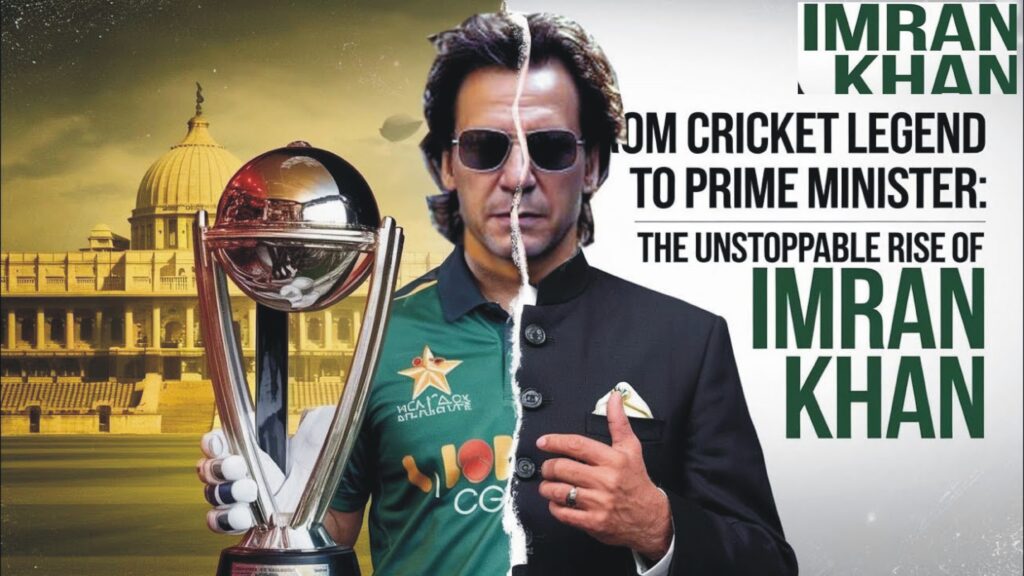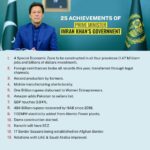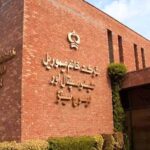Here’s a detailed story about Imran Khan – from being a legendary sportsman to becoming a powerful political figure and eventually the Prime Minister of Pakistan.
PM Imran Khan
1. Early Life and Education
- Born: October 5, 1952, in Lahore, Pakistan.
- Full Name: Imran Ahmed Khan Niazi.
- Family: Belongs to a Pashtun family from Mianwali; part of the Niazi tribe.
- Education: Attended Aitchison College in Lahore, then went to the Royal Grammar School in England, and later studied at Keble College, Oxford, graduating in philosophy, politics, and economics (PPE) in 1975.
2. Cricket Career (1971–1992)
Imran Khan was one of Pakistan’s greatest cricketers and captains.
- Debut: Test debut in 1971 against England.
- Career Highlights:
- Fast bowler and all-rounder.
- Played 88 Tests and 175 ODIs.
- Took 362 Test wickets and scored over 3,800 Test runs.
- Known for his leadership, charisma, and fighting spirit.
1992 Cricket World Cup Victory
- Imran Khan captained the Pakistan cricket team to win the ICC Cricket World Cup in 1992.
- This was Pakistan’s first and only World Cup win.
- He famously called his team “cornered tigers”.
- After the win, he became a national hero.
3. Philanthropy and Social Work
After retiring from cricket in 1992, Imran focused on charity and public service.
Shaukat Khanum Cancer Hospital
- He built Pakistan’s first modern cancer hospital in memory of his mother, Shaukat Khanum, who died of cancer.
- Funded by public donations and fundraising campaigns.
- Opened in Lahore in 1994; now has more branches in other cities.
Namal University
- He founded Namal College (now University) in Mianwali to provide quality education to underprivileged students.
4. Political Journey – Founding PTI
Pakistan Tehreek-e-Insaf (PTI)
- In 1996, Imran Khan entered politics and founded the Pakistan Tehreek-e-Insaf (PTI) party.
- Faced many years of political struggle. People saw him as a clean politician but doubted his political experience.
Early Elections
- PTI performed poorly in elections in 1997 and 2002.
- Imran Khan won a seat in 2002 but resigned later in protest.
5. Rise in Politics (2011–2018)
- In 2011, Imran Khan gained massive popularity, especially among youth.
- Held large rallies in Lahore and Karachi, criticizing corruption and calling for justice and reform.
- Promoted slogans like “Naya Pakistan” (New Pakistan).
2013 Elections
- PTI became the second-largest party in terms of popular vote.
- Formed the provincial government in Khyber Pakhtunkhwa (KPK).
6. Prime Minister of Pakistan (2018–2022)
- In the 2018 General Elections, PTI won the most seats and formed the federal government.
- Imran Khan became the 22nd Prime Minister of Pakistan on August 18, 2018.
Key Achievements & Challenges:
- Focus on anti-corruption, welfare projects, and foreign policy independence.
- Launched Ehsaas Program (social safety net), health cards, and housing schemes.
- Faced major economic problems, inflation, and political pressure.
- Tried to balance relationships with China, the US, and the Muslim world.
7. Removal from Office (2022)
- In April 2022, Imran Khan was removed from office through a no-confidence motion in Parliament.
- Claimed there was a foreign conspiracy against him.
- Continued large-scale rallies and protests to demand early elections.
8. Legal Battles and Political Crisis (2023–2025)
- Faced several legal challenges and arrests on charges ranging from corruption to national security issues.
- PTI was banned from elections in some cases, and Imran faced jail time.
- Despite all this, he remains extremely popular, especially among the youth.
Legacy
Imran Khan is one of the rare global figures to excel in both sports and politics.
Titles and Honors
- World Cup-winning captain
- Built Pakistan’s largest charity hospital
- Served as Prime Minister
- A symbol of resilience, controversy, and leadership


